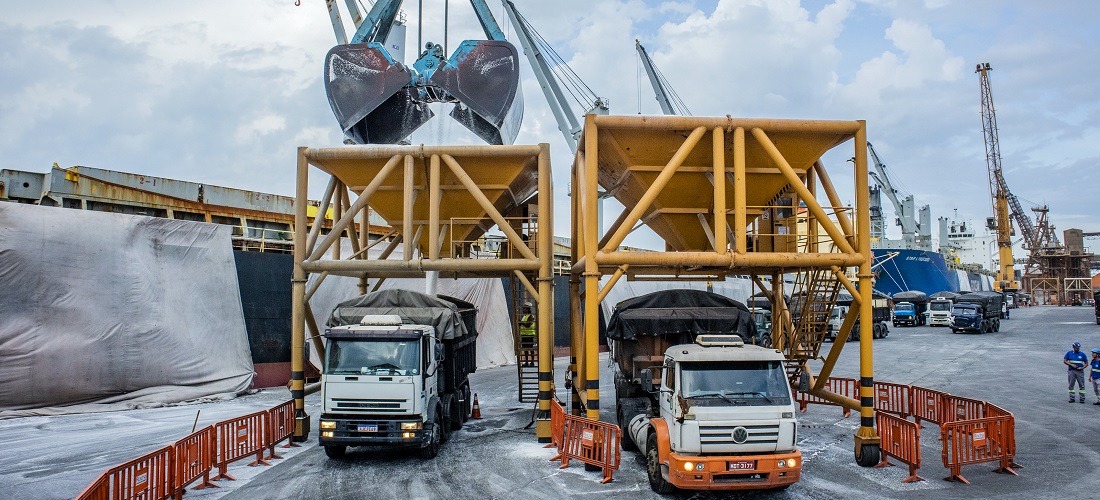
Albeit not included in sanctions, Russian fertilizer companies are “strangled”
Apr, 22, 2022 Posted by Gabriel MalheirosWeek 202217
The economic sanctions imposed on Russia over the war in Ukraine do not include the ban on fertilizer exports. However, regardless of that, major Russian suppliers such as Acron, PhosAgro, Uralkali, and EuroChem face a series of obstacles arising from embargoes that, in practice, affect the trade of fertilizers.
Problems with debt repayment, obtaining a credit rating — a necessary prerequisite in the search for loans in the foreign market — and receiving investments, for example, reflect the restrictions imposed on the Russian banking system by the United States and Western allies. Besides, these sanctions encourage banks to design their compliance regulations, which can be even tougher than governments’.
Although there are particularities in each case, fertilizer companies have faced similar situations, according to press releases released between March and April. One of the barriers is the impossibility of risk rating organizations to inform the credit ratings of some of these enterprises.
PhosAgro, a major supplier of phosphate-based fertilizers, informed that Moody’s, Fitch, and S&P took out the company’s credit ratings. The exclusion was based on a European Union decision, announced on March 15, 2022, that “prevents EU-based agencies from assigning credit ratings to Russian companies and providing rating services to Russian customers,” the company said in an April 4th statement. The Acron group published a similar note but only cited Moody’s and Fitch.
No performance indicators
With fertilizer companies “strangled” by economic sanctions, PhosAgro informed that it will not publish its operating and financial results analysis for the first quarter. The company’s decision was taken after their Global Depositary Receipts (GDRs) were revoked, which are bank certificates that allow overseas investors to trade a company’s shares outside their place of origin.
“[…] PhosAgro has always simultaneously published reports for shareholders and investors with Global Depositary Receipts. However, given the suspension of the company’s GDRs, the disclosure of operating and financial results would benefit some investors to the detriment of others.
EuroChem and Uralkali, in turn, have reported that they have had difficulties in paying debt commitments. For example, EuroChem reported problems paying interest on an operation involving eurobonds (debt securities) in mid-March.
Uralkali also failed to repay a pre-export syndicated loan installment to Credit Agricole Corporate & Investment Bank last month. The potash producer is attempting to prevent a scenario similar to that of EuroChem.
In a note on the 14th, Uralkali said that “in light of the uncertainties related to cross-border payment processing, regulatory restrictions, and delays experienced by Russian companies,” it is looking for alternative means to pay interest on Eurobonds due on the 22nd. The company suggests that investors contact their treasury for guidance in the statement.
Source: Valor Econômico
To read the full original article, please go to:
-
Ports and Terminals
Jan, 26, 2024
0
Santos-Guarujá Tunnel New Project Unveiled; Initial Works Scheduled for 2025
-
Grains
Dec, 14, 2021
0
ANEC raises estimate of grain shipments from Brazil in December
-
Ports and Terminals
Jun, 30, 2021
0
CCCC port in Maranhão still not off the ground
-
Coffee
Mar, 04, 2022
0
Coffee shipments from Brazil rises in February for the first time in eight months



